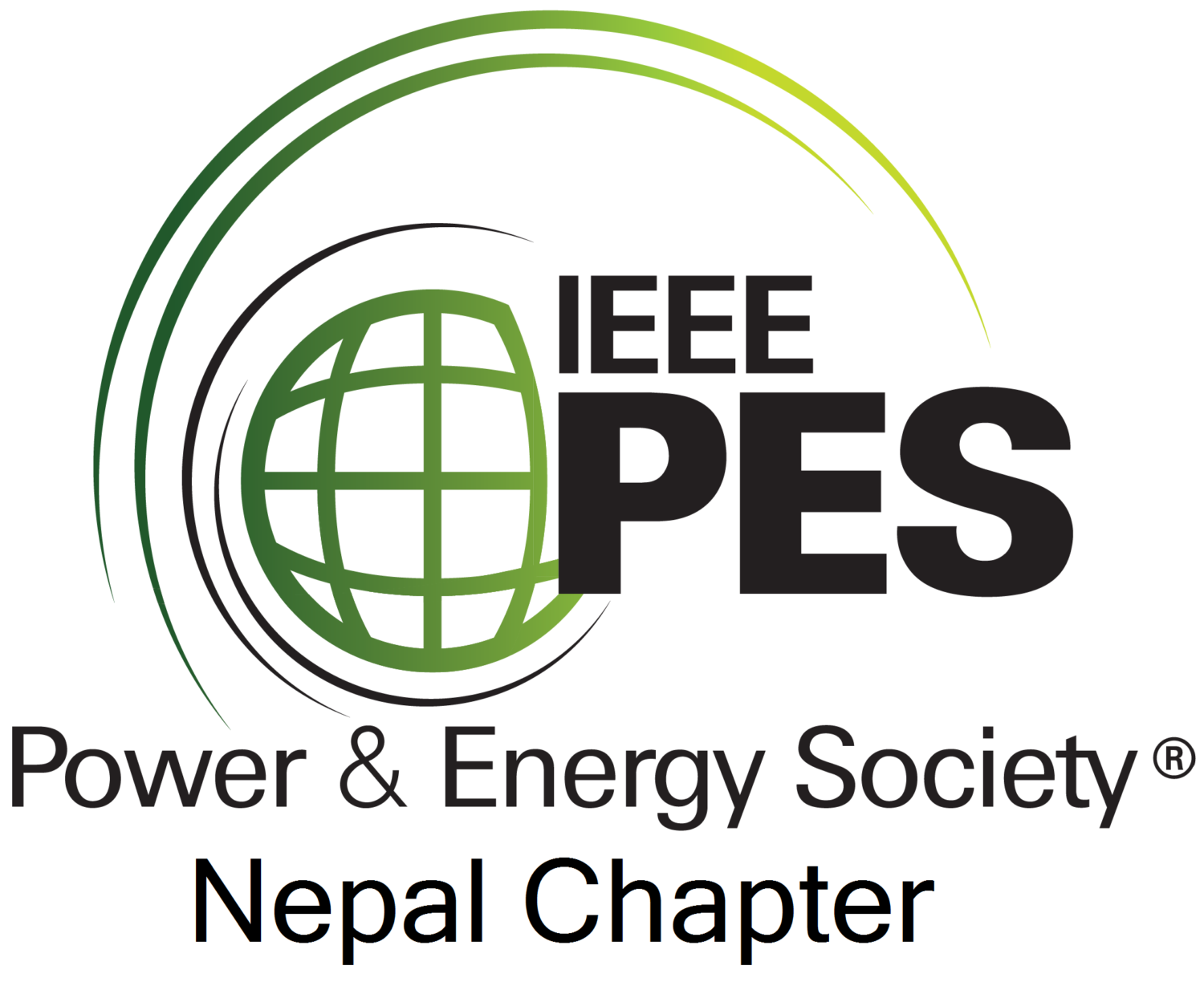A Study on Charging Behavior of Private Electric Vehicle Owners in Nepal – A Case Study
Authors: Prashant Niroula, Riti Newa, Ravikant Chaudhary, Binay Paudyal
Abstract— Widespread use of Electric Vehicles (EVs) in Nepal can support power utility to achieve higher energy utilization by increasing the load factor of the system. However, the load imposed by EV on the system is affected by the charging behavior of EV users. The charging behavior of private EV owners are more sporadic. In the context of Nepal, there is a lack of literature on temporal charging trends of private EVs. A questionnaire-based study approach is implemented in this paper that analyzes the charging behavior of private EV owners. The response of 150 respondents was collected and analyzed in terms of EV penetration, commute profile, charging frequency, charging location, and charging time. It was observed that uncontrolled or truly erratic charging is practiced by private EV owners in Nepal. However, with less commute of EVs, the charging load is not enforced daily, rather charging demand peaks on Friday, followed by Monday. On an hourly basis, EV charging is observed to increase after 6 PM, and most of them connected to the grid overnight. Hence, to optimally utilize the existing distribution system, these charging factors of privately owned EVs need to be analyzed further.
Keywords— Electric Vehicles (EVs) Nepal, charging factor, charging behavior, dumb charging, grid planning, controlled charging
Full Paper: to be purchased $20 (contact us at [email protected])
Published In: International Conference on Role of Energy for Sustainable Social Development in ‘New Normal’ Era (RESSD-2020)
Date of Conference: 28th-29th December 2020
Conference Location: Kathmandu, Nepal
Publisher: IEEE Power and Energy Society Nepal Chapter
Cite the paper as:
P. Niroula, R. Newa, R. Chaudhary, B. Paudyal, “ A Study on Charging Behavior of Private Electric Vehicle Owners in Nepal – A Case Study”, International Conference on Role of Energy for Sustainable Social Development in ‘New Normal’ Era, 28th-29th December 2020, Kathmandu, Nepal

